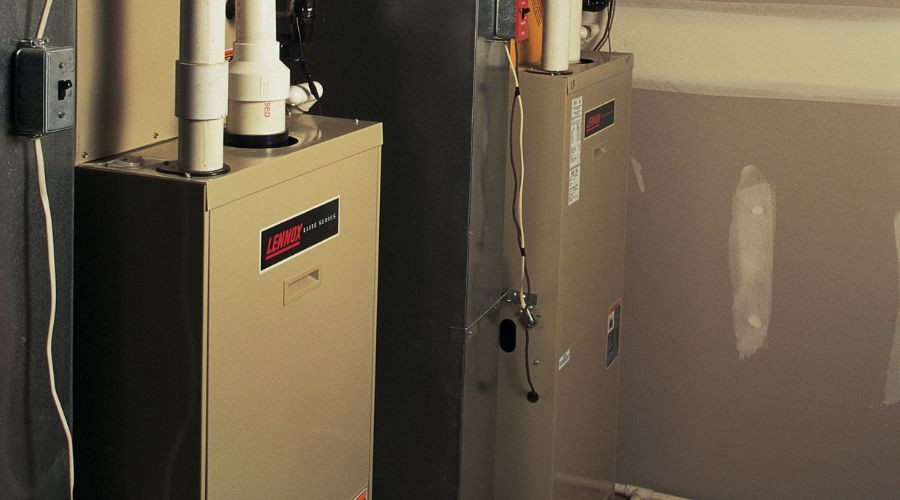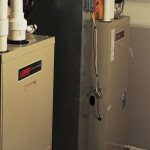Facts About Overheating Furnaces That Everyone Should Know
Fall is here, and winter is fast approaching. This is the perfect time to check your furnace to see if it’s functioning properly. Every homeowner in Philadelphia knows how important a properly functioning furnace is. If it overheats, it can transform your home into an uncomfortable place, and in severe cases, it poses health risks. That’s why it’s important to know how to read signs of an overheating furnace so that you can call your local experts.
Risks Posed by an Overheating Furnace
 An overheating furnace is not just some mechanical failure of the heating appliance. If such overheating condition is allowed or goes on for some more time, it can lead to the following situations:
An overheating furnace is not just some mechanical failure of the heating appliance. If such overheating condition is allowed or goes on for some more time, it can lead to the following situations:- Damage to the furnace: When a furnace overheats, it can damage the wiring system, burn out the fan motor, and even crack the heat exchanger. Getting it fixed might sound expensive, but an overheating furnace will cost you more money in the long run.
- Flammability: Homeowners install furnace protection mechanisms like limit switches. They automatically switch off the furnace if it reaches an unsafe temperature. Therefore, an unresolved furnace overheating problem can result in a fire outbreak.
- Carbon monoxide poisoning: A cracked heat exchanger caused by an overheating furnace may leak carbon monoxide gas. This gas is dangerous because it has no smell and may cause headaches, dizziness, nausea, and even death from carbon monoxide poisoning.
Signs of an Overheating Furnace
Common indicators of an overheating furnace that present the greatest concern include:
- Burning smell: When no smoke comes out of a furnace, but a strong and constant burning smell is present, it indicates overheating in the furnace’s inner parts.
- Unusual noises: Call a professional to inspect it when you hear strange sounds, such as humming or banging from the furnace.
- A furnace turning off unexpectedly: An overheating furnace might shut down unexpectedly or fail to complete a full heating cycle.
- Increased electricity bills: An unusual spike in electricity bills without a corresponding increase in use is proof of a furnace that has become less efficient.
Ways to Prevent a Furnace From Overheating
 They say prevention is better than cure. Implementing the following preventive tips will ensure a smoothly running furnace.
They say prevention is better than cure. Implementing the following preventive tips will ensure a smoothly running furnace.- Change the air filter or furnace filter routinely: A dirty or clogged air filter forces a furnace to work extra hard. Experts recommend replacing the air filter or furnace filter at least once every three months to avoid overheating.
- Schedule annual furnace maintenance: Annual maintenance from a professional HVAC technician keeps the furnace in good condition. During this process, the technician inspects and cleans the unit to identify potential problems and repair them in time.
- Keep vents and registers open: Blocking or closing vents and registers can cause a furnace to overheat. Ensure all vents are not obstructed to allow even heat distribution in the home.
- Clean the ductwork: Dust and debris typically accumulate in the furnace over time, contributing to overheating due to reduced airflow into the system. Thus, the ductwork should be cleaned regularly to avoid this problem.
- Look out for unusual signs: Any strange or irregular smells, noises, or heating patterns from the furnace should not be ignored. Instead, they should be addressed early enough before they get worse.
About City Plumbing
City Plumbing delivers the best plumbing, heating, and cooling services in Philadelphia, PA. With almost 20 years of experience, they provide clean, professional, quality, and reliable overheating furnace repairs. Avoid any plumbing or HVAC nightmare by calling their experts today to discuss the most efficient solution for overheating furnaces.





